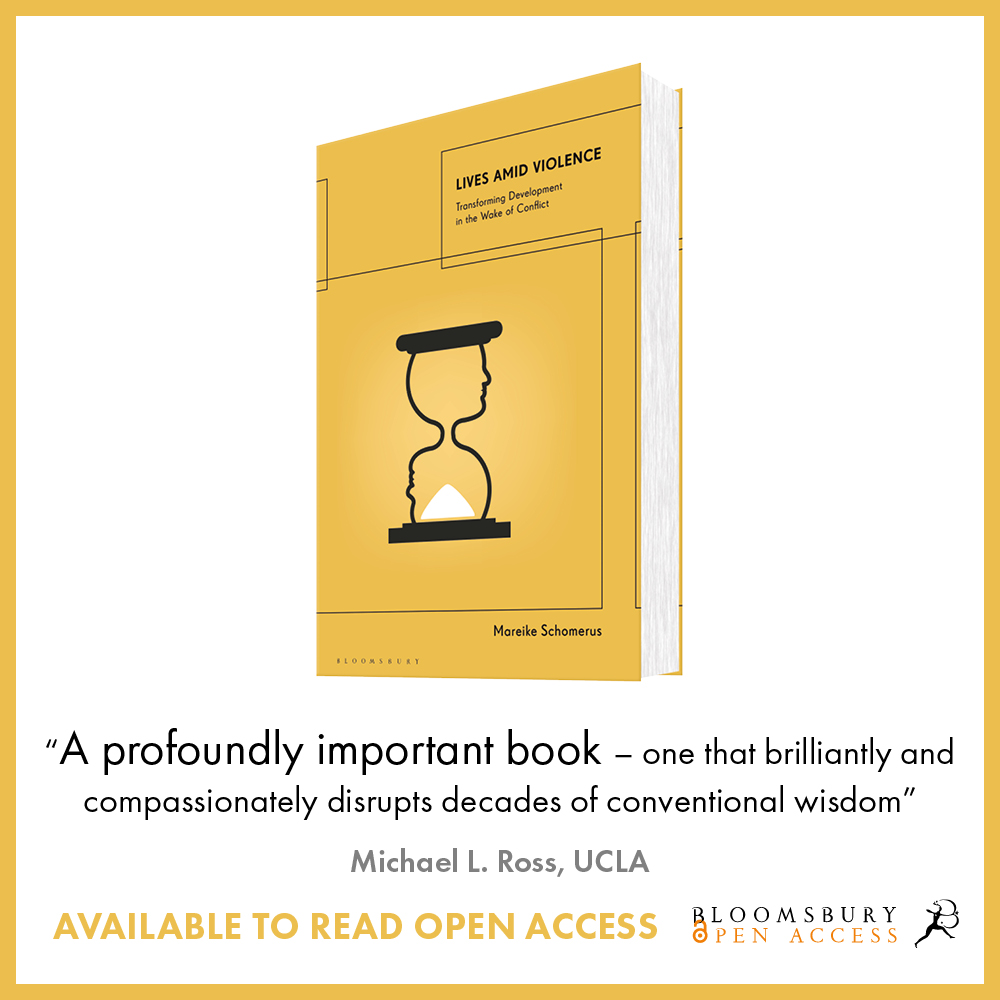Transforming Development in the Wake of Conflict
Transforming Development in the Wake of Conflict

Violence shapes lives, choices, and possibilities.
How to deal with violence is an acute question, particularly so for international actors who want to support countries in becoming less violent places.
Yet, despite long-term and costly efforts to end violence, international development in violent contexts has had disappointing results and fails to prevent violence from recurring. Lives Amid Violence argues that this is because practitioners adhere to a mental model that emphasises linearity, certainty, and causality. This mental model assumes that violence is best addressed through work plans that deliver statebuilding, stabilisation and services.
Ten years of multi-method research by the Secure Livelihoods Research Consortium (SLRC) from, in, and on conflict-affected countries challenge this approach. Drawing on this significant collaborative body of work this book puts forward original and generalizable conclusions about how lives amid violence persist.
The roots of this book
The Secure Livelihoods Research Consortium (SLRC) was a consortium hosted by ODI that brought together 17 organisations (listed below), dozens of researchers and hundreds of enumerators. The SLRC worked in nine countries and published more than 150 outputs between 2011 and 2021. The SLRC was funded primarily by the UK’s development department, the Department for International Development (DFID, 2011–20) and then the Foreign, Commonwealth and Development Office (FCDO, 2020–1), Irish Aid (IA) and the European Commission (EC).
You can read the final blog here.
You can find the full SLRC bibliography here; by author, by country, by theme. All publications are free to download.
The following were SLRC partner organisations:
ODI; Centre for Poverty Analysis (CEPA); Feinstein International Center (FIC, Tufts University); Focus1000; Afghanistan Research and Evaluation Unit (AREU); Sustainable Development Policy Institute (SDPI); Wageningen University (WUR); Nepal Centre for Contemporary Research (NCCR); Busara Center; Nepal Institute for Social and Environmental Research (NISER); Narrate; Social Scientists’ Association of Sri Lanka (SSA); Food and Agriculture Organization (FAO); Women and Rural Development Network (WORUDET); Claremont Graduate University (CGU); Institute of Development Policy and Management (IOB, University of Antwerp); International Institute of Social Studies (ISS, Erasumus University of Rotterdam).




